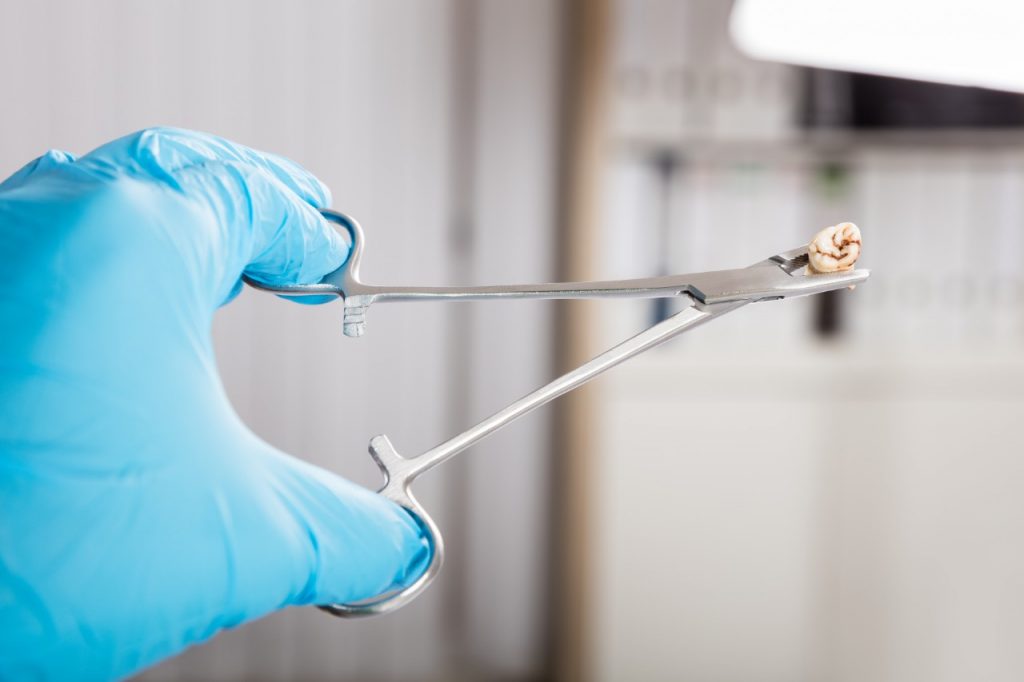- Tooth Extraction -

Although teeth are durable, they may not last our lifetime. Generally, the current population has a longer lifespan than our ancestors of a few generations ago. Stress, medications, illness, genetics, social habits and diet can all have a significant impact on the retention of our teeth. Some teeth are also lost due to trauma, periodontal disease, decay (caries) or in preparation for orthodontic treatment due to crowding ( impaction and insufficient space). Very few people make it through their entire lifetime without loosing at least a few teeth
Frequently asked questions about tooth extraction
- Will the extraction be painful?
Local anesthetics have improved over the last few decades so that the appointment is much more comfortable than in the past. Patients that have had dental restorations (fillings) in the recent past should expect dental extractions to be quite similar in comfort. In the event that patients are worried about the procedure, we offer sedation or general anesthesia to alleviate those worries based on your need. We can make the procedure comfortable to the level that you require.
2. Will I bleed a lot after the surgery?
Small amounts of bleeding that continues up to 48 hours after the surgery is normal since the mouth is a moist environment and does not form a scab in the way that the skin would. Providing an accurate pre-surgery history of medications and supplements that you take along with following the post operative instructions will control the bleeding during healing.
3. Will I have pain after the surgery?
Local anesthesia will be provided before onset of surgery and the effects will last for one to six hours after administration depending on the type of local anesthetic used. You will also be prescribed pain medication (analgesics) to balance the discomfort expected after a particular procedure. Non-opiod pain medications are the primary and preferred analgesics for most procedures.
